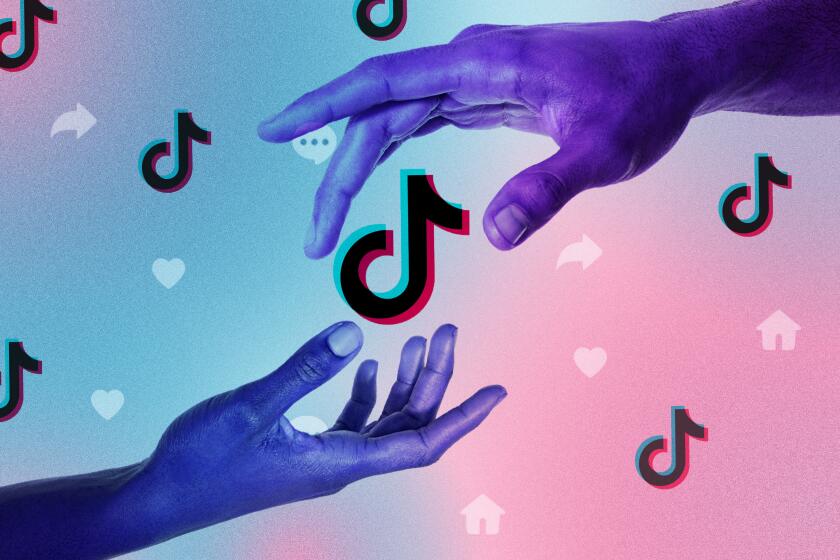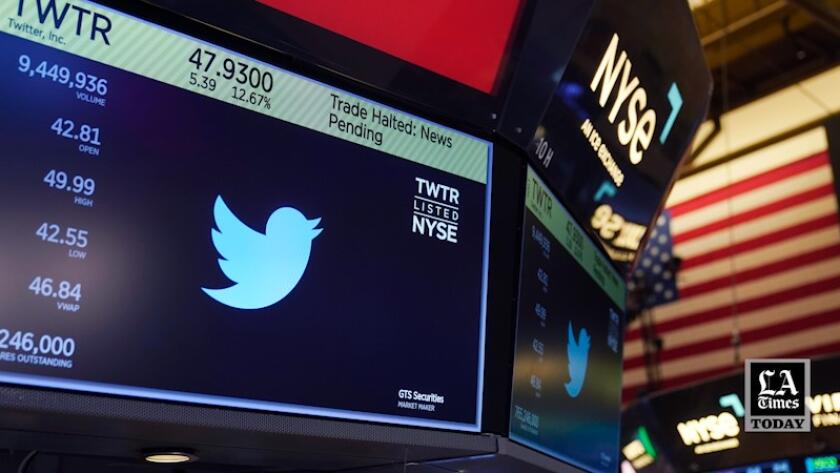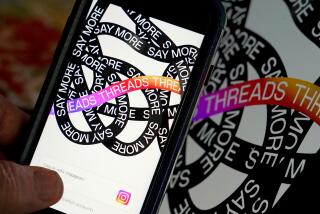Commentary: If Twitter finally dies, where do we find the smart people?
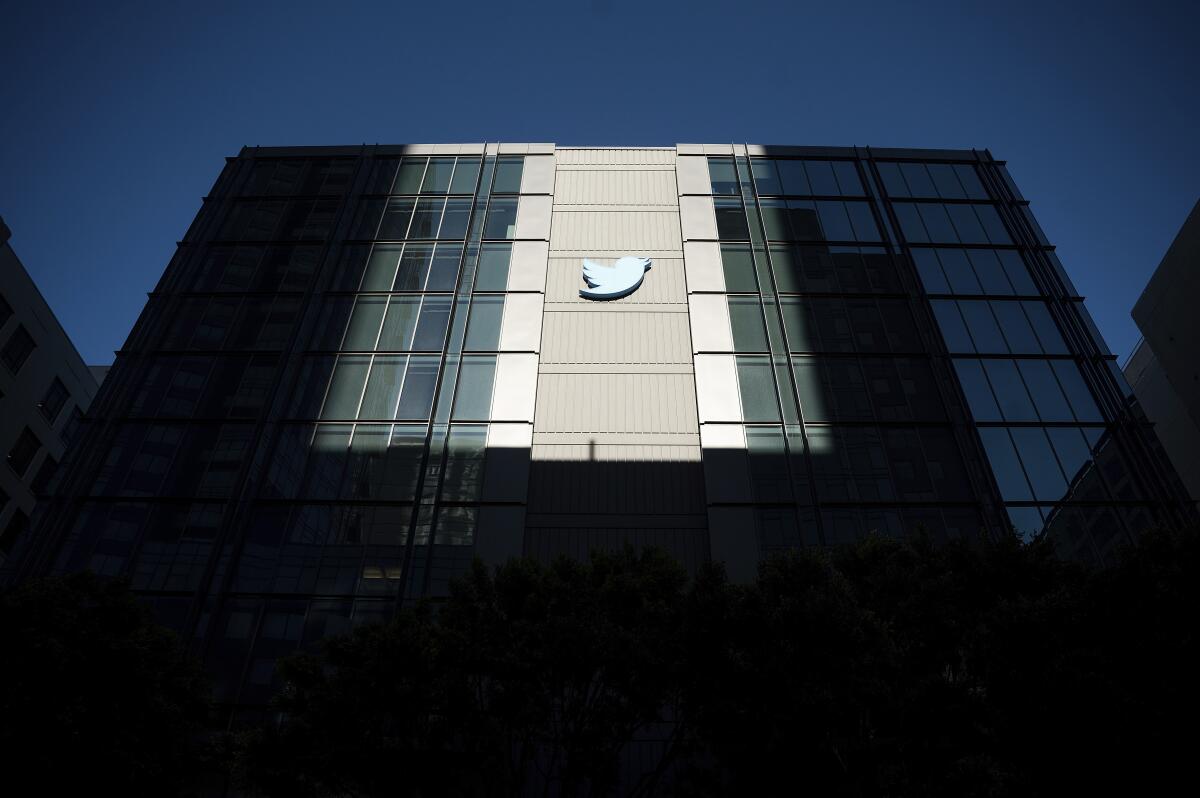
Sometimes malls are fun. Sometimes, they die. These days, our longtime social media hangout Twitter moulders somewhere between: Longtime anchor tenants have left, others carry “Everything must go!” banners, and the local boys who keep coming around neither expect nor fear adult supervision. The mannequins in the old department store stand naked. I have followed thousands of accounts on Twitter over the years, and while most of the profile pages are still there, many of the humans behind them are long gone. I don’t even know what I’m not seeing anymore.
Earlier this week, I asked a couple of my longtime Twitter fellow travelers where they planned to go if the place finally collapsed. They had no idea. Other platforms exist, certainly; there are upstarts like Mastodon that hope they can rekindle Twitter’s magic without all of Twitter’s downsides, which were slowly strangling the service even before Musk arrived last year.
But the reality is we don’t have — and may never again have — another one-stop watering hole where many of the planet’s most interesting celebrities, politicians, activists, scientists, journalists, comedians and other assorted smart people will rub elbows with one another and also with you. Twitter, in its heyday, revealed that brilliant and well-informed people are everywhere, most of them aren’t famous, and sometimes they’d appear in your mentions in the dead of night. Sometimes you’d see talented people simply ruining themselves. There are surely books that don’t exist because smart people were tweeting so much instead of working. The service was lively, authentic and substantive enough to serve as a de facto assignment editor for working journalists — sometimes too often.
Now that peculiar experience is fading away. We’ll have to work harder to seek out the brilliant, for reasons that are more subtle than you’d think.
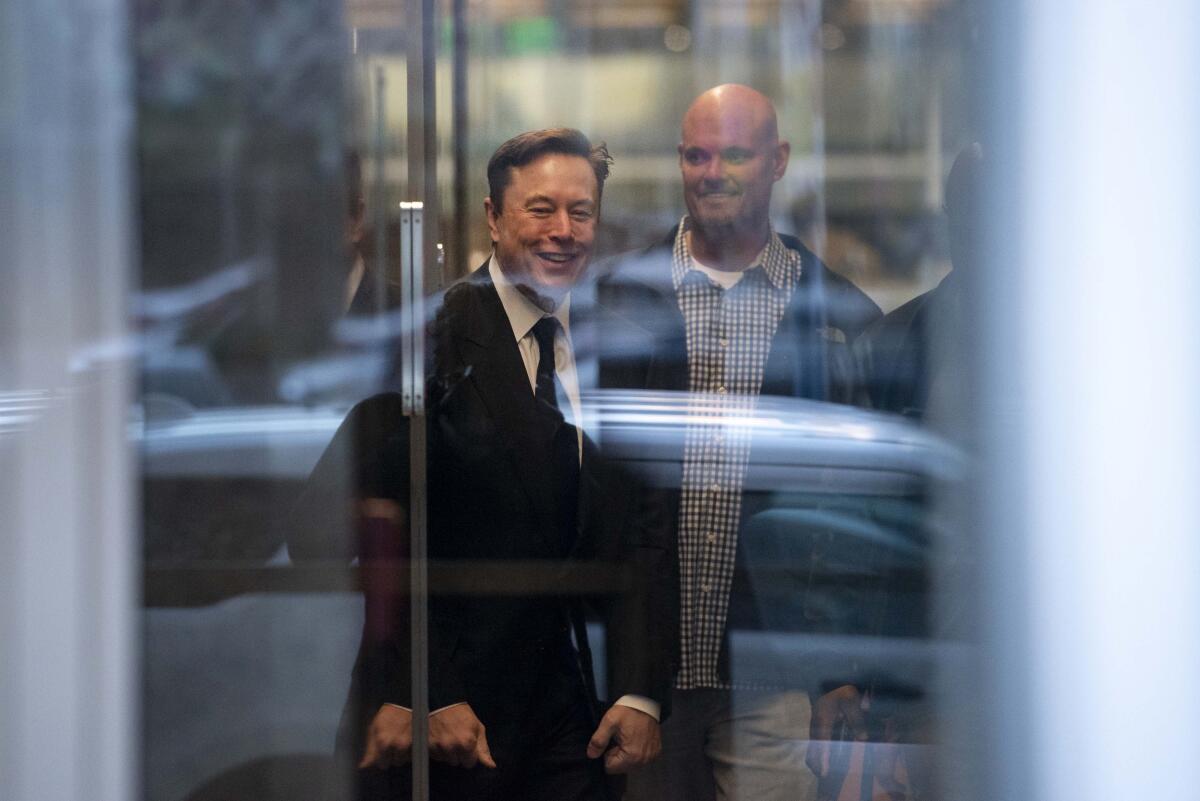
On Saturday, Twitter owner and human-we-keep-hearing-from Elon Musk is expected to start doing away with the old “blue check” symbols for noted and “verified” accounts, which include the celebrities, companies, government officials and media figures who used to more frequently visit the site. Now, for $7 or $8 a month, the once-exclusive blue check — which was kind of vaguely implemented and embarrassing, but which was created to prevent impersonation — will become like a plastic sheriff’s badge that signals you’re willing to pay to generate content for one of the world’s wealthiest people. You’ll see fewer ads and can access the kind of features that the previous ownership might have offered for free.
Even more momentously, Musk is planning to more heavily feature tweets from those paying accounts on the app’s increasingly important “For You” landing page, where Twitter’s algorithm takes a far heavier hand in deciding what you see. Meaning that, as of April 15 or so, every user you encounter with a blue check will be a verified clout hustler who’s paying to be first hog at the trough.
Like a lot of people, I post on social media in my free time to satisfy an admittedly mortifying existential desire for recognition. However, also like a lot of people, I have more dignity than to ever pay a single cent to Musk to publicly indulge that impulse. I’d rather hang out somewhere that actually wants to have people like me around. But where?
We’re getting something like two decades deep into our international social media experiment, and a lot of us aren’t satisfied with the results. Congress’ recent trashing of ultra-hot video app TikTok has been interestingly bipartisan, with critiques going beyond the company’s ties to China in ways that implicate all our major platforms. The very mass of the platforms themselves poses unusual systemic risks for our democracies, especially in terms of their ability to structure debate both online (through content moderation) and offline (through lobbying and political mobilization).
Is America a freer place with TikTok, or without it?
It was Twitter’s mass, its strong network effect, that made it such a valuable service for many years. Twitter was kind of like a Silicon Valley Bank for newsmakers and news followers; you could deposit almost all your time into Twitter knowing others like you were doing it too. And now that the place seems to be imploding, it seems like the systemic risks were a little bigger than we expected.
Consider how the world worked before Twitter’s creation in 2006. A lot of Americans lived in places that had well-staffed and profitable local newsrooms, magazines, radio stations and other independent media outlets that served as cultural and intellectual portals to the world, with the nascent internet giving a huge boost to the variety of your average consumer’s options. Survey data nonetheless showed more people reading a newspaper more often than getting news from the internet.
As much as we love newspapers and magazines around here, even your trusty L.A. Times writer knows consumption habits are far different now and won’t be going back, so there’s no point in getting sentimental about it. But the point is that a hypothetical world without Twitter in 2023 is far different from the world without Twitter in 2006 — we are now missing a whole middle layer of cultural institutions that helped provide the fiber for how we intellectually process the chaos of the world. Countless journalists who interrogated the political, cultural and social issues of the day no longer work in the industry, especially in suburban and rural communities. Many newspapers, magazines, alt-weeklies and other journals simply no longer exist; many more exist as mere shadows of themselves. Knowledge work has been deindustrializing itself from its geographic constraints and offshored to the internet, where the labor is cheaper and often free.
Now that labor is yours. If you’re leaving Twitter today, you are going to have to really sweat to find the same quantity and quality of thinkers who interest you. They might be secluding themselves on Instagram or LinkedIn, or experimenting with the visual anarchy of TikTok. They might have started a Substack and are charging a subscription rate that might have once bought you a whole magazine’s worth of writers. They could have started a podcast, though it’s possible their show might be on the chopping block. Maybe they’re on Mastodon, but, then again, maybe not. YouTube? Facebook? There’s only so much the New York Times op-ed page can say to us.
Maybe Google will create a Twitter-killer and fix all this. But right now Silicon Valley’s biggest intellectual project is to create artificial intelligence models that learn from us so perfectly, we’ll never need to seek out other thinkers at all. The machine has already read everything that’s been written; it will tell you everything you need to know. Just enter a prompt, and watch this ad.
Watch L.A. Times Today at 7 p.m. on Spectrum News 1 on Channel 1 or live stream on the Spectrum News App. Palos Verdes Peninsula and Orange County viewers can watch on Cox Systems on channel 99.
More to Read
The biggest entertainment stories
Get our big stories about Hollywood, film, television, music, arts, culture and more right in your inbox as soon as they publish.
You may occasionally receive promotional content from the Los Angeles Times.
